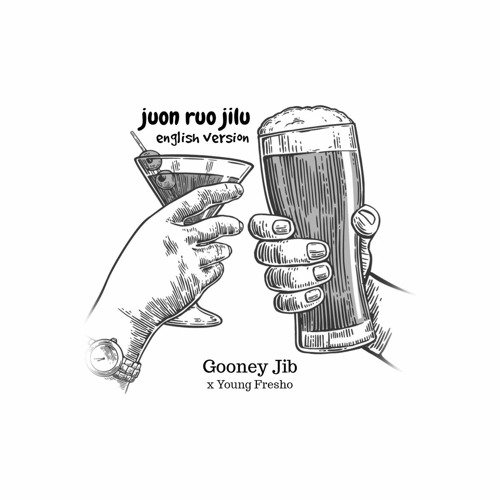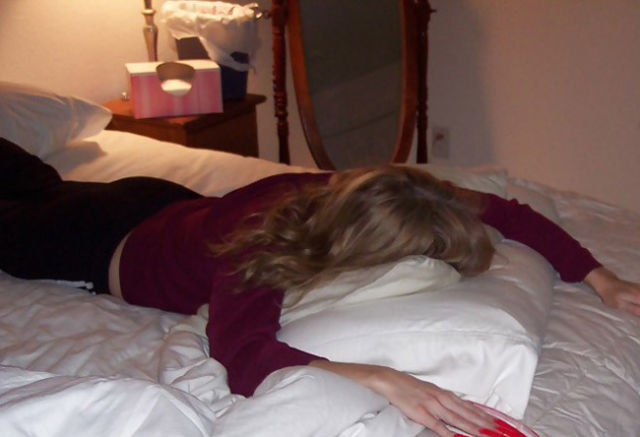


On the way they observe soldiers supervising an eviction. The script opens with the young Collins and his father taking a piglet to the market. So a comparative study in this case can be made. The screenplay is called Mick, and, unlike the movies mentioned above, it does purport to be an account of Collins's life, deeds, and an assessment, I can only assume, of his significance in the broader events in our island of which he was a part. THE third reference in the archives of Irish cinema is a film as yet unmade, but much talked about over the past years, in particular by its screenwriter, Eoghan Harris. So a comparison between actual and fictional events would be fruitless.

And it is precisely this avoidance of precise historical context that allows them raise the issues they are dealing with. Among them are Devereux, who has long been suspected of complicity in Carberry's death, Brown, an enlightened Englishman, and a group of local gombeen men of varying hues.Ī satire of bitterness and disillusion ensues, the pivotal event being the blowing up of the statue by forces unknown, which could be seen to echo the disillusion and embitterment left by the War of Independence and the Civil War.īoth these films are most interesting for their techniques of avoidance - for the oblique fictional context within which the recent historical events are played. A statue is being erected to him, which gives rise to mixed feelings among a host of characters. This sequence is a prologue to the main plot, which begins 30 years later in the village where the dead hero was born. On his way he is shot by the Black and Tans. It opens during the War Of Independence as Jack Carberry, an IRA leader, drives with his friend Devereux to a meeting with a British officer to negotiate an end to the war. Which brings us to This Other Eden, an Emmet Dalton production based on an Abbey play by Louis D'Alton, directed by Muriel Box, in 1959.Īs film historian Kevin Rockett points out in his admirable study of the National Film Studios, Emmet Dalton could have made this film, in part, as an answer to the malicious and unfounded rumours that surrounded him for most of his life, and by implication, to the film Beloved Enemy. It is most notable for the fact that its ending was changed to a happy one (demonstrating even then inherent problems in the material for Hollywood) and for the fact that O'Rourke's role in Reardon's death could be confused with malicious rumours of the time about Emmet Dalton's supposed role in the death of Michael Collins. Its histrionic portrayal of the Troubles is nowhere offset by any grace in Toland's work. The film is conventional, perhaps to a fault. He is shot by O'Rourke while making a public speech in support of the treaty he has signed. The resulting treaty leads inevitably to Reardon's death. It becomes more interesting when peace negotiations begin, with Helen pivotally placed both to convince her father to convene them in the first place, and to convince Reardon to stick with them and accept a compromise. The film follows the trials of their relationship under pressure from Reardon's Republican associates - chief among them one O'Rourke - and from the British forces, understandably anxious to capture Reardon, the most wanted man in the island. Aherne plays the part of Reardon, a Republican leader during the War of Independence who falls in love with Helen, the daughter of Lord Athleigh, a British diplomat attempting to find a way out of the conflict through peace talks. Potter, it was photographed by the great Gregg Toland and starred Merle Oberon and Brian Aherne.ĭespite a disclaimer at the start, there are some comparisons to be drawn between the parts played by Oberon and Aherne and the figures of Collins and Lady Lavery. The first one finds is a Samuel Goldwyn production made in the 1930s called Beloved Enemy. To make an assessment of the veracity of different versions, I have gone back to the archives, so to speak to discover what other treatments there have been of Michael Collins - even what other mentions of Michael Collins - in the archives of cinema. So the only real kind of assessment can be a comparative one, one that compares different, filmic versions of the same subject with others. Film is not history, cannot be history, but every now and then makes use of history for its gown purposes. Film is a medium which in the space of two hours, can enact a drama - or be set within a drama - that took place over the three decades of the individual's life. ANY discussion of the historical veracity of my film, Michael Collins has to be predicated, I suppose, on the fact that it is a film.


 0 kommentar(er)
0 kommentar(er)
